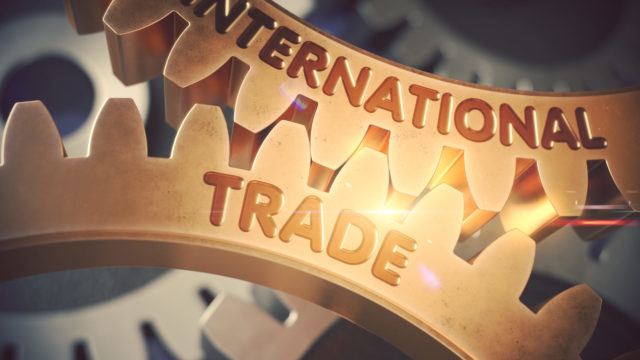When we leave the European Union we will also leave the EU customs union. The question we all want to know the answer to is ‘what does that mean for me?’ Well first, let’s have a quick reminder of what the customs union is. In short, it’s an agreement between European member states that there will be no internal tariffs on goods that move between them. Once goods are within the EU, they can also travel freely. This means that administrative and financial barriers to trade within the EU are massively reduced.
So why would we want to leave? The important factor of the customs union in the Brexit debate has been that while you’re in it, you don’t have the freedom to negotiate your own trade deals on goods from other parts of the world. The government insists that such freedom is integral to the success of Brexit.
There are alternative options to a customs union that are being considered, firstly a customs partnership in which the UK collects the EU’s tariffs on goods from other countries on behalf of the EU. If the UK tariffs were lower, and those goods stayed within the UK, then companies would be able to claim back the difference. This would potentially lead to greater bureaucracy and added costs.
Secondly, the idea of a ‘highly streamlined customs arrangement’ has been proposed. The suggestion is that rather than getting rid of checks altogether, they would be minimised. Trusted trader schemes and new technologies would be used to ensure companies make bulk payments for the duties, rather than each time goods cross a border. Of course we also have the issue of Ireland to address. All involved parties have made a firm commitment to keeping an open border between the Republic of Ireland and Northern Ireland. We’re yet to see a suggestion that offers the perfect solution to this delicate issue.
Leaving the customs union could mean increased border checks and supply chains within industry would be heavily affected. Businesses operating ‘just-in-time’ production, such as those in the automotive industry, have multiple goods coming into the UK from mainland Europe every day. Honda, for example, relies on 350 trucks arriving daily; a 15 minute delay to their factory in Swindon would lead to an estimated cost of £850,000.
We are likely looking at higher tariffs. Switzerland and Norway do experience tariff-free access to the EU from outside the customs union but in return, they allow free movement of works and contribute to the EU budget. With immigration being such a large factor of the Brexit negotiations and the UK looking to restrict the free movement of people, it’s unlikely that we will negotiate a similar agreement.

Comments on What will leaving the Customs Union mean for my business?
There are 0 comments on What will leaving the Customs Union mean for my business?